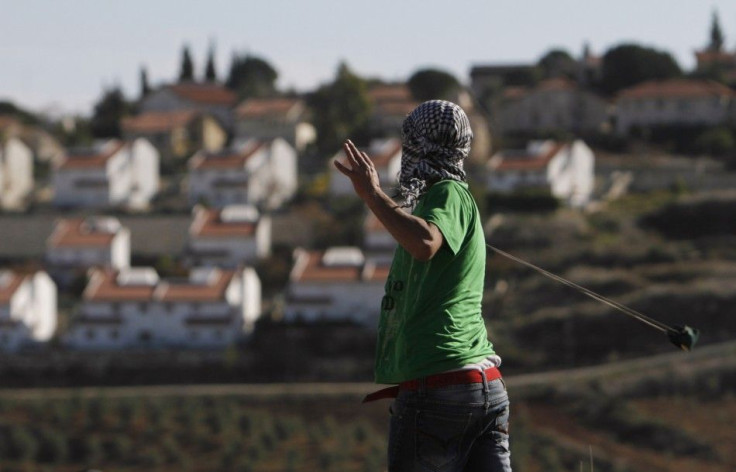Israel, Palestine Meet in Jordan for New Round of Peace Talks

Gathering in the Jordanian capital on Tuesday, Israeli and Palestinian negotiators have come together in an effort to jump-start long-stalled peace negotiations, the first face-to-face meeting in more than a year.
Jordanian Foreign Minister Nasser Judeh -- who was to host the meeting between Israel's chief negotiator Yitzhak Molcho and his Palestinian counterpart Saeb Erakat -- said it was a serious bid to renew peace talks between the two, however dim an outcome there might be, The Associated Press reported.
We do not want to raise expectations, but holding the meetings between the Palestinians and Israelis is a Jordanian interest first and foremost, Judeh said. Our objective is to bring them together and try to push for a breakthrough in the peace talks.
Molcho and Erakat met with envoys from the Quartet of Middle East mediators -- the United States, Russia, the European Union and the United Nations. After meeting with officials for the four entities, the Israeli and Palestinian negotiators met with Judeh to outline the vital issues of security and borders between Israel and a future Palestinian state, the Associated Press reported.
According to a diplomat who attended the larger meeting, the talks were serious.
It was a brainstorming session in which both sides, the Israelis and Palestinians, showed eagerness to re-start peace negotiations, the diplomat said on condition of anonymity and fearing adverse effects from public comment.
A dispute over Israeli settlement construction on occupied lands broke down the peace talks in September 2010. Since then, there has been no contact.
Before negotiations resume, however, Palestinian President Mahmoud Abbas maintained his earlier position that Israel accept two demands: the cessation of all settlement construction in the West Bank and East Jerusalem -- territories captured by Israel in 1967. Abbas also wants Israel to accept its pre-1967 boundaries, which will be used as the basis of a border with a future Palestinian state.
Ahead of Tuesday's meeting, Abbas said if Israel accepts his conditions, we will go to negotiations. He said the Palestinians have set a Jan. 26 deadline for talks to resume. After that date, we will take new measures. These measures might be hard, he said.
Israel has said that new peace talks should not have preconditions.
We are hopeful that this direct exchange can help move us forward on the pathway proposed by the Quartet, U.S. Secretary of State Hillary Clinton said on Monday, urging the two sides to act boldly to advance the cause of peace.
© Copyright IBTimes 2024. All rights reserved.





















